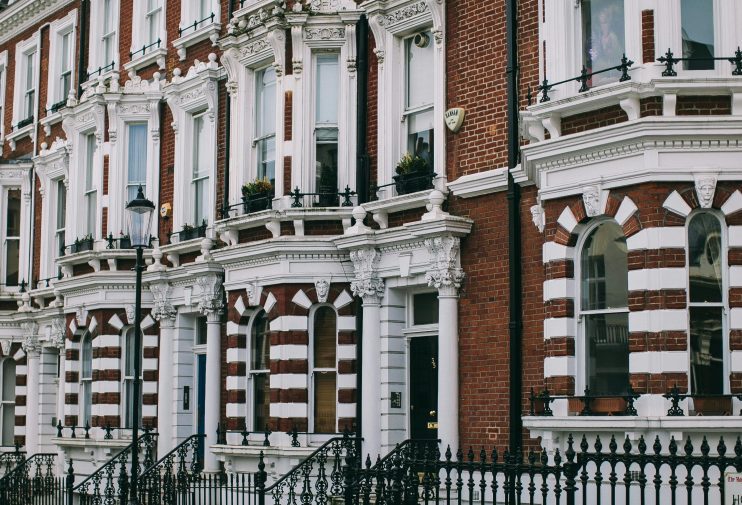Staggering 90 per cent of £500k-a-year professionals denied a mortgage

Corporate high-flyers making more than half a million pounds per year are being knocked back for mortgages, a new report has found.
Data, shared with City A.M by financial services firm Investec showed 90 per cent of corporate executives, finance professionals and entrepreneurs have had their mortgage applications rejected, despite making upwards of £510k a year.
Some 37 per cent of respondents said the most common reason for rejection was because the size of the loan-to-value ratio (LTV) they requested was too big, while a third were told it was due to the fact they are paid in a foreign currency.
More than a quarter said they were told they had a limited credit history in the UK, while 20 per cent said the nature of their employment, such as being a partner in their firm, was a reason for rejection.
Investec revealed that more than four out of five of the respondents said they have had to accept a lower LTV or provide a bigger deposit to secure a mortgage in the past five years.
“The most common reason for this was their non-standard income – such as receiving a large part of their pay in bonuses or another form of discretionary income or being paid in foreign currency – which prevented them from accessing higher LTV,” they explained.
Siobhan Sames, private banking team lead at Investec, said: “Both high-earning professionals and successful entrepreneurs will often struggle to secure the mortgages they want from conventional mainstream lenders due to the complexity of their incomes.
“High-earning professionals, for instance, are more likely to receive discretionary income (like bonuses, profit distribution or carried interest) which may not be recognised as earnings by some lenders while entrepreneurs may face issues over proving their income despite running profitable businesses.”
The number of homes in London worth over £15m purchased by billionaires and millionaires in London came to a total of £340m between last January and June, according to a study by Beauchamp Estate.
This is down from £400m in the first half of 2022 and £514m during the six months of lockdown back in 2021.